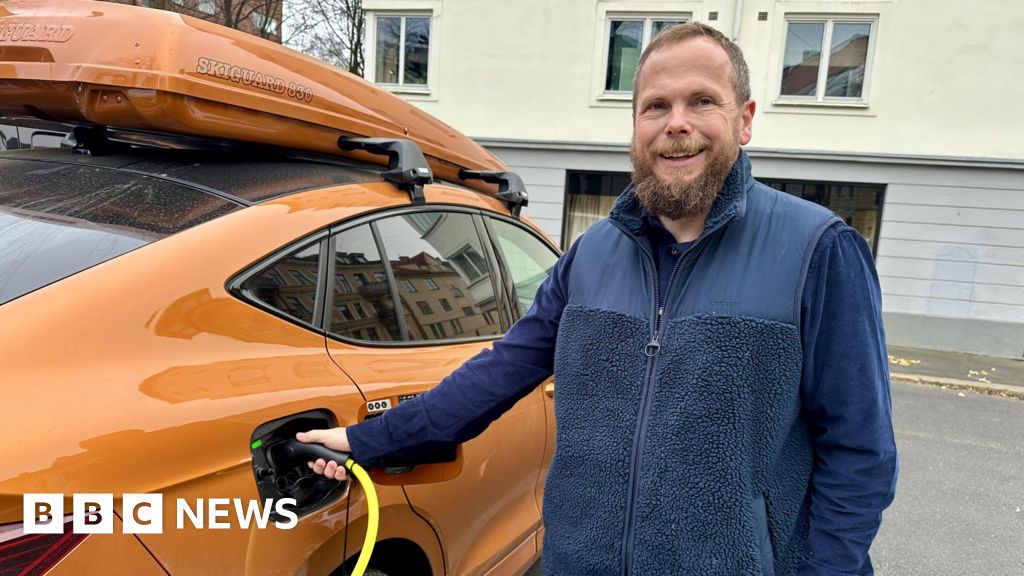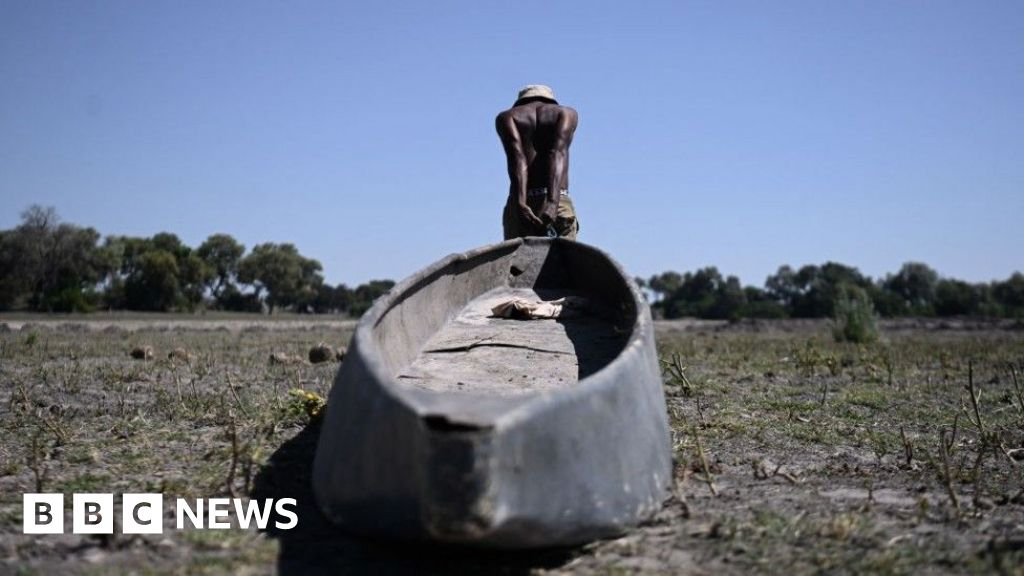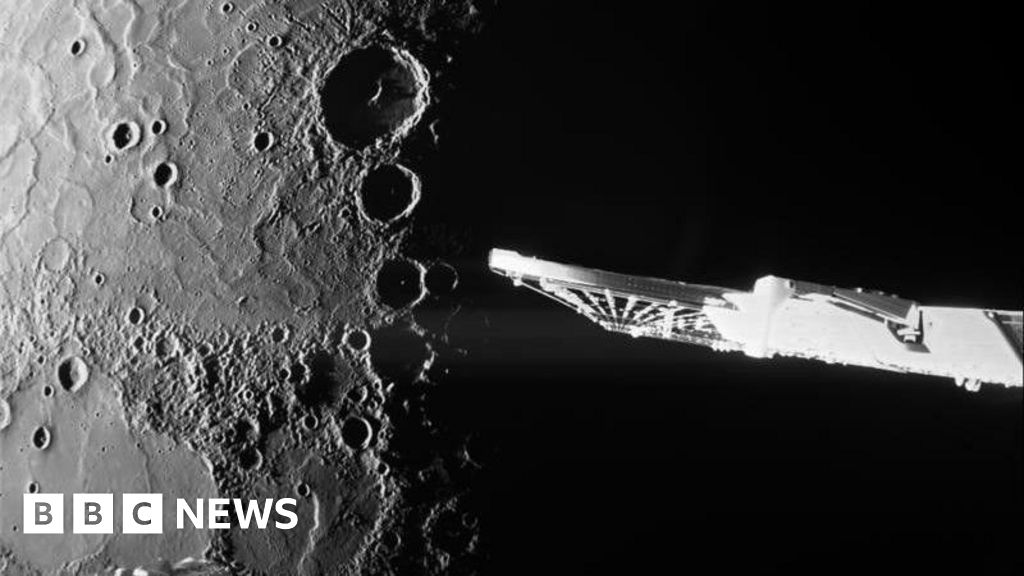ARTICLE AD BOX
By Mark Kinver
Environment reporter
image source, @earthshotprize Instagram
image captionPrince William wants to be able to tell his children that "he did his bit" when it mattered mostThe 15 finalists of Prince William's inaugural Earthshot Prize have been unveiled.
The prize was launched in October 2020 in order to search for inspiring and innovative solutions to problems facing the planet.
The finalists were selected by experts who were looking for projects that had a "significant positive impact" on people and the natural world.
Five winners, each receiving £1m, will be announced in a ceremony in October.
The prize was inspired by US President John F Kennedy's "Moonshot" programme, which resulted in the US Apollo lunar launches and the first man setting foot on the Moon in 1969.
Prince William said: "Over half a century ago, President Kennedy's 'Moonshot' programme united millions of people around the goal of reaching the Moon.
"Inspired by this, the EarthShot Prize aims to mobilise collective action around our unique ability to rise to the greatest challenges in human history," he observed.
Next generation
Speaking to the media ahead of the unveiling of the final 15 projects, Royal Foundation chief executive Jason Knauf said the prince was determined to use his position as a leading Royal to bring about positive change.
"The prince said 'what am I going to do in the next decade that means I can look my children in the eye and say that I did my bit during a moment in history when it really mattered'," Mr Knauf told reporters.
The overall winners will be selected from five different "Earthshot" categories, which are: Protect and Restore Nature; Clean Our Air; Revive our Oceans; Build a Waste-free World; Fix our Climate.
Charged with selecting the winners will be members of the Earthshot Prize Council, which includes Prince William, Queen Rania of Jordan, Sir David Attenborough, actress Cate Blanchett and former UN climate chief Christiana Figueres.
The finalists
The inaugural 15 finalists were announced by Prince William on Friday afternoon. They were:
Protect and Restore Nature:
Pole Pole Foundation, Democratic Republic of Congo
A community-led model of conservation that protects gorillas and local livelihoods.
The Republic of Costa Rica
A scheme paying local citizens to restore natural ecosystems that has led to a revival of the rainforest.
An online platform connecting and empowering local conservation projects.
China's first public environmental database enabling citizens to hold polluters to account.
A technology to create profitable products from agricultural waste and put a stop to the burning of crops.
Vinisha Umashankar, India
A 14-year-old innovator and activist who has designed a solar-powered ironing cart with the potential to improve air quality across India.
A coral farming project designed to restore the world's dying coral reefs.
Living Seawalls, Australia
Innovative tiles attached to sea walls create habitats for marine life to attach to.
A global conservation programme protecting 6.5 million square km of the world's ocean.
Build a Waste-Free World:
The City of Milan Food Waste Hubs, Italy
A city-wide initiative that has dramatically cut waste while tackling hunger.
A sanitation solution that converts human waste into safe products for local farmers.
A tiny water treatment plant that turns 98% of wastewater into clean water.
AEM Electrolyser, Thailand/Germany/Italy
An ingenious clean hydrogen fuel technology designed to transform how homes and buildings are powered.
Solar-powered energy capsules making electricity affordable and accessible in energy-poor communities.
The world's first peer-to-peer energy exchange network in a country on the front-line of climate change.
The five winners, each receiving one million pounds, will be announced in a ceremony that will be broadcast live on BBC One and Discovery on Sunday, 17 October.

 3 years ago
64
3 years ago
64








 English (US) ·
English (US) ·